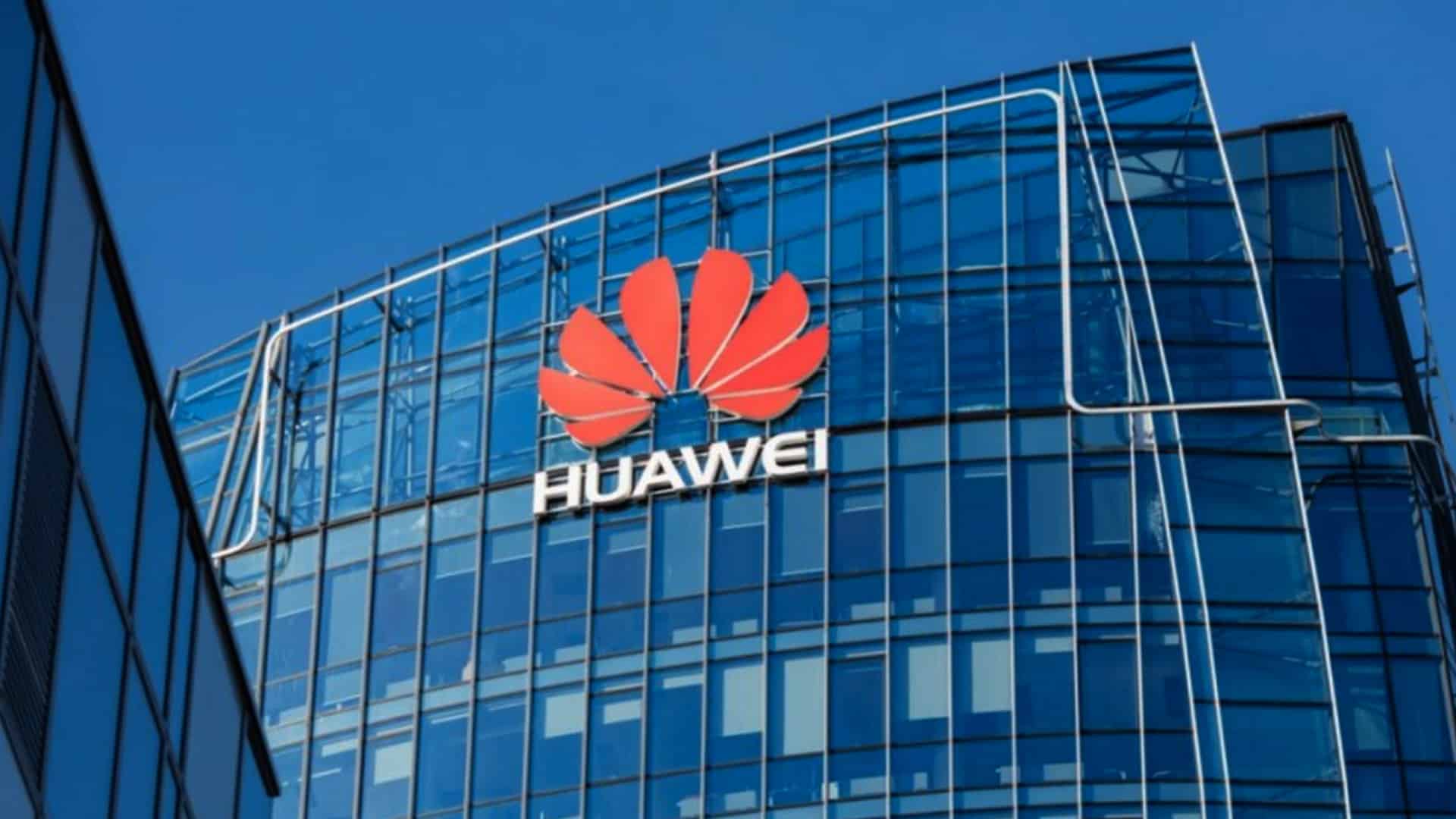Many powerful reasons as to why it’s risky to permit Huawei in India: Ex-R&AW boss Sood
Former R&AW chief Vikram Sood says there are several powerful reasons – strategic, technological, geopolitical and legal – to suggest it could be risky to permit Chinese telecom major Huawei, with its state-structured backing, to launch operations in India’s critical infrastructure. His assessment comes at a time when the government is yet to take a final decision on allocating radiowaves despite telecom operators applying for spectrum to start 5G trials. In his just released book “The Ultimate Goal: A Former R&AW Chief Deconstructs How Nations Construct Narratives”, Sood writes that Huawei may “want to masquerade as an independent entity, but anyone in the trade would know that this is simply not the case. The Chinese government financed Huawei and had few moral compunctions in helping intellectual property theft in the US”.
He also says that post-COVID, the narrative about China being a responsible state is getting terribly skewed and this change in perception is likely to hurt Chinese corporate interests – like its attempts to sell Huawei’s 5G mobile technology. Assuming that “theft of secrets is a part of legitimate intelligence activity, it is China’s attitude towards India and its unremittingly hostile geo-political manoeuvres to hurt the nation’s interests that would make the latter wary of Huawei”, says the career intelligence officer for 31 years who retired in March 2003. Unless China changes its narrative about India, and shows evidence of this, it would be prudent for the nation to stay away from Huawei or similar Chinese offers, he suggests. In the book, published by HarperCollins India, he explains the “narrative” and how a country’s ability to construct, sustain and control narratives, at home and abroad, enhances its strength and position.
Sood writes that when the pandemic became known, Chinese leaders went through the “usual cycle of ruthless suppression of facts at home, followed by denials and obfuscation abroad”. “For some time, China played the victim card and tried to be the saviour as well. By the middle of 2020, its attempt to change the negative narrative about itself through a shrill disinformation campaign, rebounded. Ultimately it appeared to be a brittle attempt at recreating its image as a responsible power,” he says. The former spymaster, who is currently adviser at the New Delhi-based independent public policy think tank Observer Research Foundation, also says that fault lines between the US and China have only deepened because of the coronavirus crisis.
“Historically, China and the US have tried to work together to manage various global crises. But not this time. Donald Trump’s ‘America First’ approach has antagonised even close allies by diverting medical supplies, outbidding original buyers or by forcing American companies to stop exporting hospital-grade N95 masks. “Washington has ceded space to Beijing, making many nations, even some in the West, dependent on Chinese supplies in the absence of any real alternative. This has allowed China to expand its influence as it sells its narrative in exchange for helping those in distress,” he writes. According to Sood, the world will “witness continued jostling between China and the US global governance – which suffered a setback with the collapse of institutions like the UN Security Council, whose writ does not run very far anymore, and the World Health Organization, whose credibility has suffered post-COVID-19 – will be the biggest loser”.










































